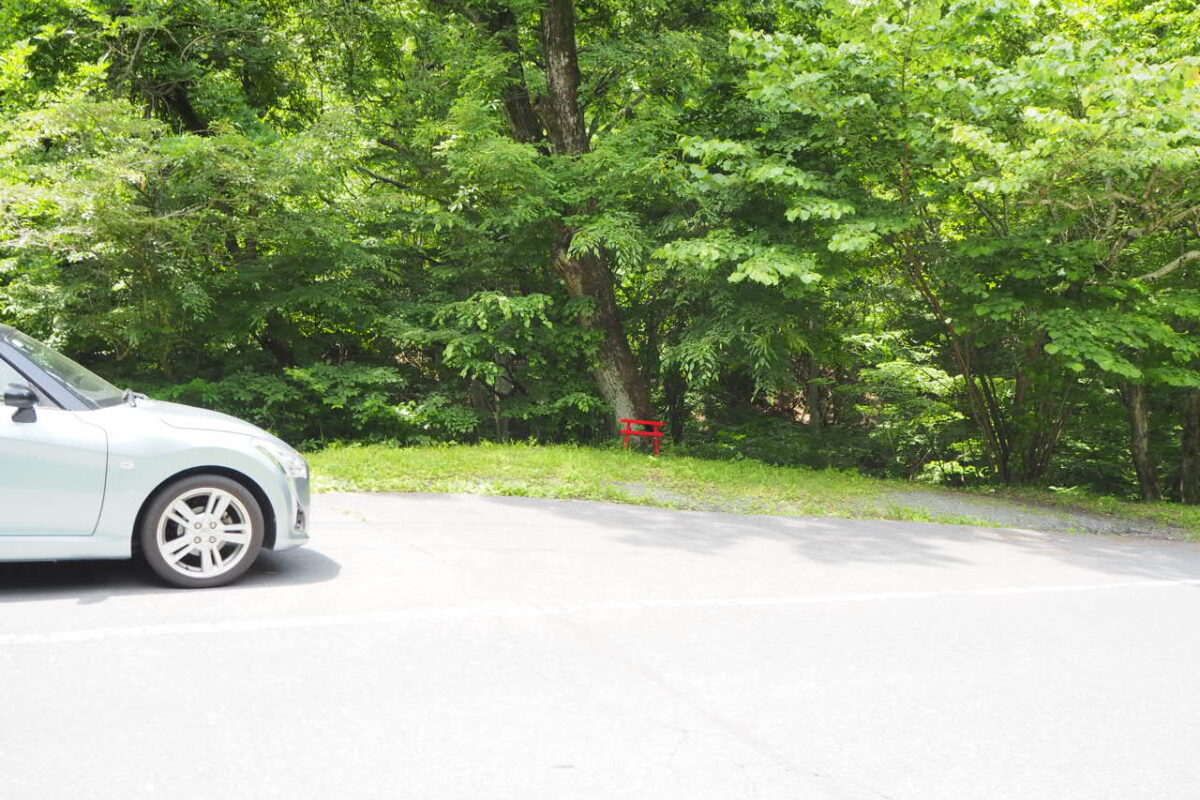There is nothing but a torii gate there.
Many foreign tourists visiting Japan are unanimously surprised and impressed by the absence of scattered trash. As a Japanese person, I don’t feel bad about this, but it doesn’t mean that everywhere is always clean.
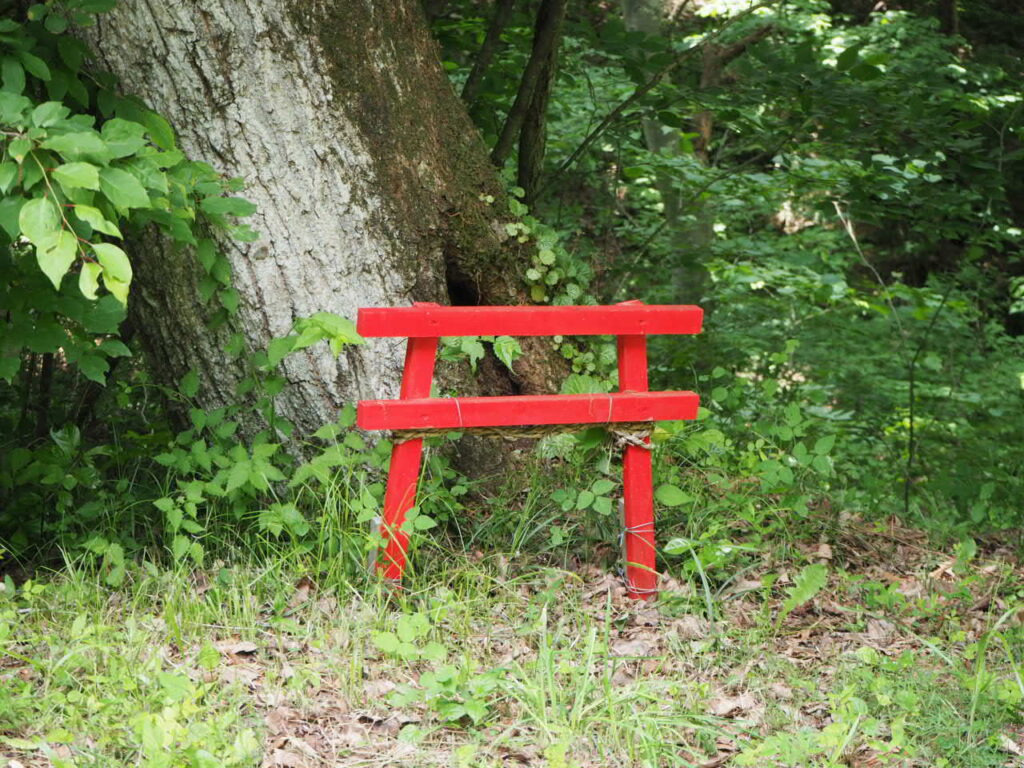
The photo above was taken during a recent drive through a mountainous area. Yes, it’s a torii gate, which can be found at any shrine. However, the essential shrine itself is nowhere to be seen. Only the sacred torii gate is set up by the roadside. These are often seen in relatively quiet places with few passersby. What purpose do they serve?
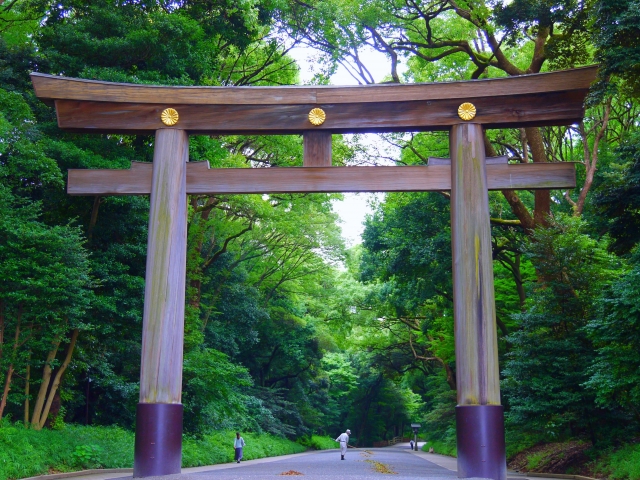
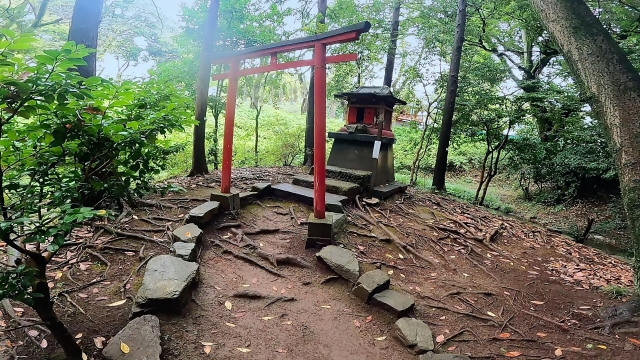
Shinto, along with Buddhism, is a representative religion of the Japanese people. There are said to be over 80,000 shrines of various sizes across the country, and they can be found almost anywhere. Passing through a torii gate marks the entrance to a sacred space, separating it from the everyday hustle and bustle. Even those who are not particularly devout visit shrines to feel a sense of purity and peace.
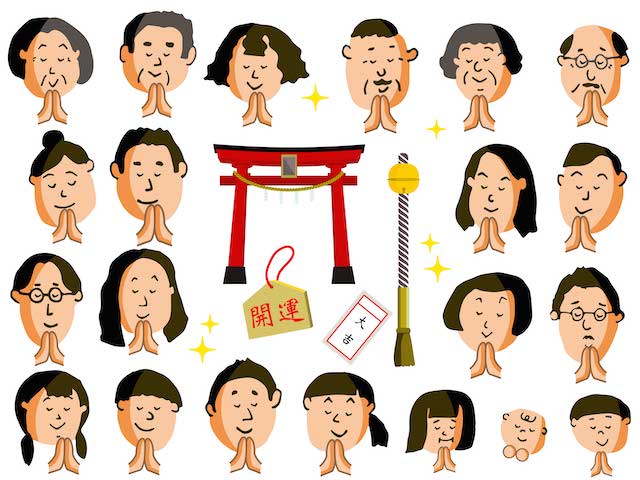
Now, about the roadside torii gates without a shrine. In fact, these are clever devices to deter illegal dumping, exploiting the Japanese mentality. People who come by car to dump garbage in remote places are a constant problem. So, troubled locals came up with the idea of setting up these torii gates.


When a person with a guilty conscience about dumping trash sees a torii gate, they are startled and mistakenly believe it is a sacred place. They think that dumping trash here would bring divine retribution, so they refrain from doing so.
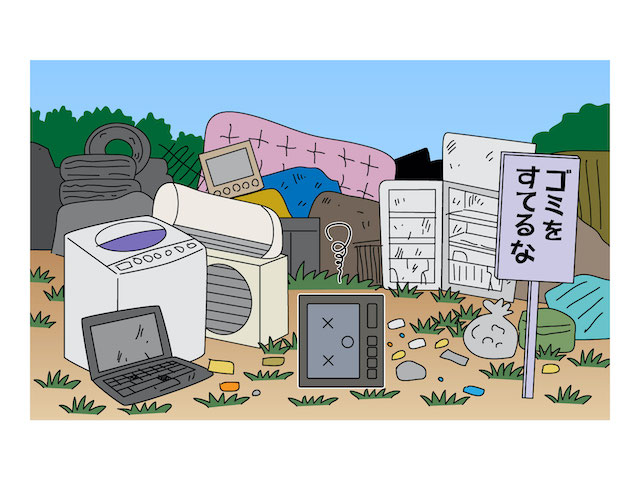

Compared to signs saying “No Dumping,” these torii gates are reported to be quite effective. According to the website of the company that sells these torii gates, many municipalities have adopted this method. On the other hand, some shrine priests have expressed their disapproval of this use. This is understandable.
In Shinto, there is a simple belief that nature is governed by invisible great beings, and we live under their blessings. If one lives in a way that goes against this belief, they will be punished by these great beings. Although this doctrine is not written down, it is a concept accepted by many Japanese people as a sort of intuition.
The presence of torii gates, which are more effective than “No Dumping” signs, highlights the Japanese mentality.

